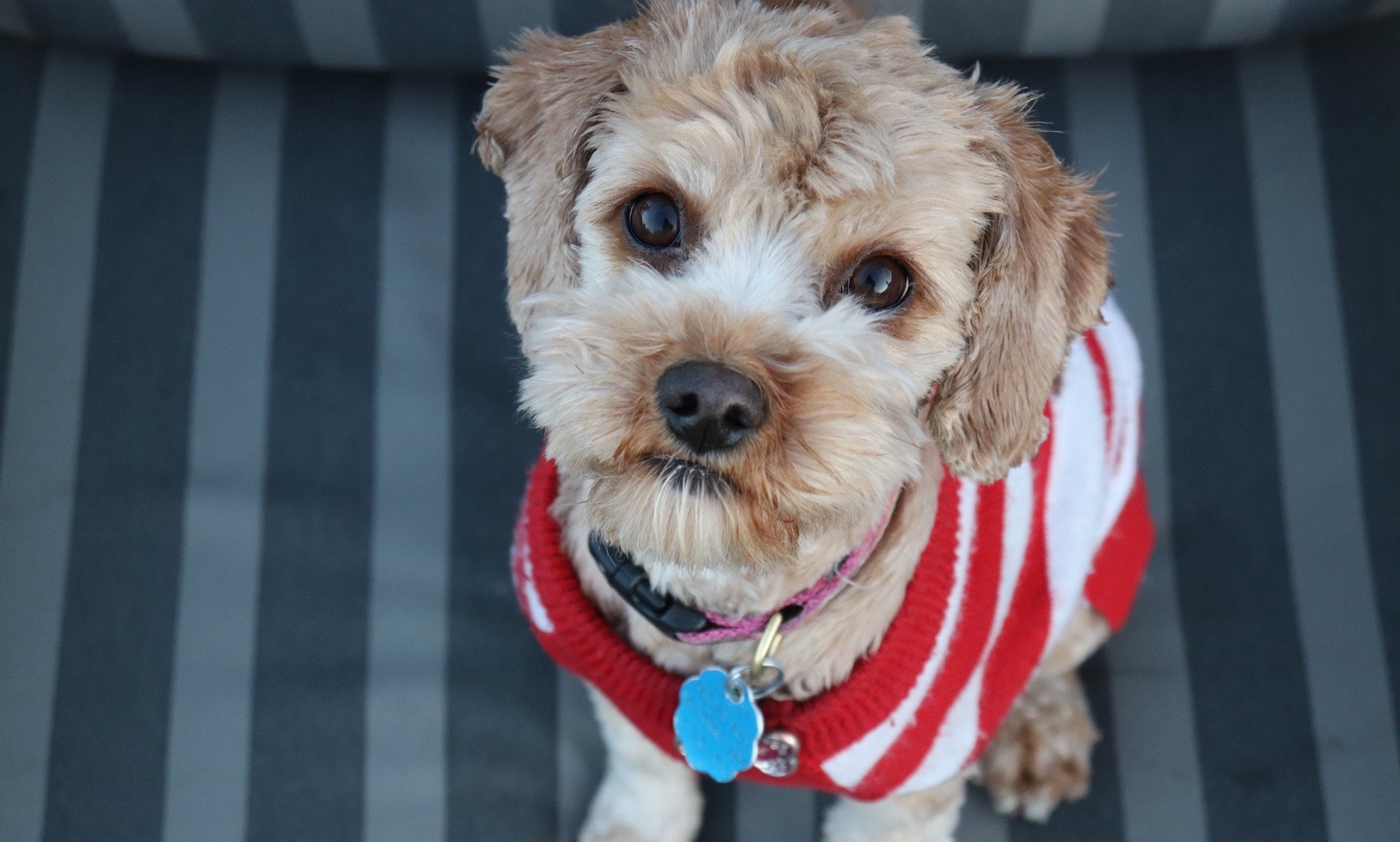Your dog will have a happier life if you put it through canine training, and you will be happier too. You both understand what is expected out of each other. You won’t have to worry much about doing public outings or letting him stay home alone after he is trained. Although not easy, the amount of time devoted to training your dog tricks and manner will be well-spent time.
Use control when rewarding good behavior during canine training. Reward them only when your dog is calm after it performs a trick. While you might be pleased, acting too excited may cause the dog to get agitated, lessening your control. Remain calm, expect the dog to be calm and provide appropriate rewards.
Pick a recognizable phrase to verbalize to your puppy during house training. For example, you could use the phrase, “go potty” when you take them outside to help them remember what to do when you go outside and say the command.
As the dog improves, greater freedom can be granted. Balancing obedience and liberty make dogs feel very satisfied. Avoid giving too much freedom early on, as this can easily counteract your training.
Patience is definitely a virtue when training your pet. Patience is the best way to keep your dog from becoming confused and for you to remain calm. Your pet wants you to be happy, but he or she cannot always understand the human language.
Training your dog is essentially establishing relationship rules, and, like with people, enjoyment with each other will be so much more since the groundwork has been established. Always provide consistent support for lessons you have imparted to the dog. Keep his knowledge sharp and stay on top of any deviations in his behavior. Once you finally get this core foundation of training built with the dog, the possibilities become limitless and you can expand into new and complex areas.

